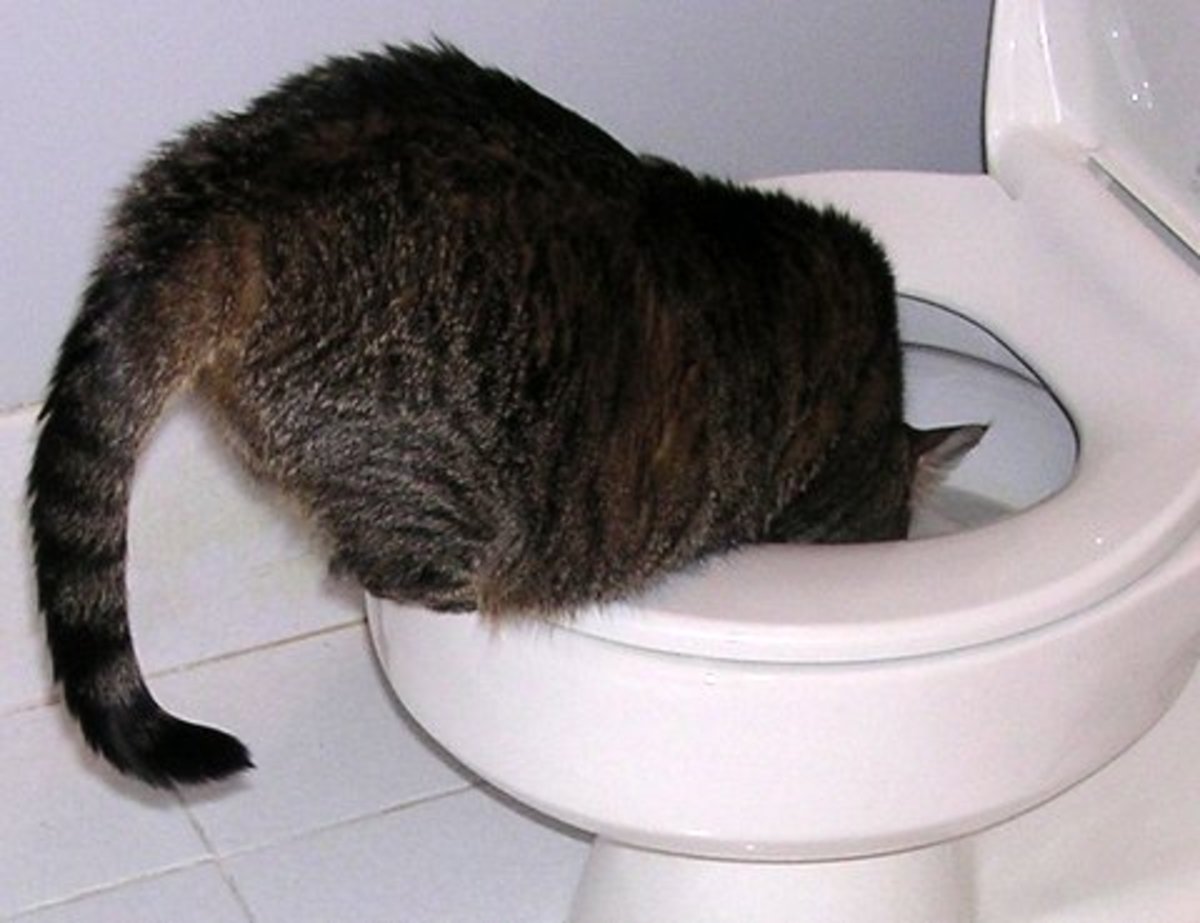Reasons You Should Never Flush Cat Poop Down Your Toilet - Important Facts
Reasons You Should Never Flush Cat Poop Down Your Toilet - Important Facts
Blog Article
The publisher is making several great observations regarding Can You Flush Cat Poo or Litter Down the Toilet? in general in this great article directly below.

Intro
As feline proprietors, it's vital to bear in mind exactly how we dispose of our feline buddies' waste. While it may seem hassle-free to purge feline poop down the bathroom, this practice can have detrimental effects for both the environment and human health and wellness.
Alternatives to Flushing
The good news is, there are safer and a lot more liable ways to get rid of feline poop. Take into consideration the following alternatives:
1. Scoop and Dispose in Trash
The most usual technique of taking care of feline poop is to scoop it into a biodegradable bag and toss it in the trash. Make certain to utilize a devoted clutter scoop and dispose of the waste without delay.
2. Usage Biodegradable Litter
Opt for eco-friendly cat trash made from products such as corn or wheat. These clutters are environmentally friendly and can be securely disposed of in the garbage.
3. Hide in the Yard
If you have a lawn, think about hiding cat waste in an assigned area far from veggie gardens and water sources. Make certain to dig deep adequate to prevent contamination of groundwater.
4. Set Up a Pet Waste Disposal System
Buy a family pet waste disposal system specifically designed for pet cat waste. These systems utilize enzymes to break down the waste, lowering odor and ecological influence.
Health Risks
In addition to environmental issues, purging feline waste can likewise posture health dangers to people. Pet cat feces may contain Toxoplasma gondii, a bloodsucker that can trigger toxoplasmosis-- a possibly extreme ailment, specifically for expecting women and individuals with damaged body immune systems.
Environmental Impact
Purging pet cat poop presents hazardous pathogens and bloodsuckers into the water supply, presenting a significant danger to water communities. These contaminants can negatively affect marine life and compromise water top quality.
Final thought
Responsible pet possession prolongs beyond giving food and sanctuary-- it likewise entails appropriate waste administration. By refraining from purging pet cat poop down the toilet and selecting alternate disposal techniques, we can lessen our ecological footprint and safeguard human wellness.
Why You Should Never Flush Cat Poop Down the Toilet
A rose by any other name might smell as sweet, but not all poop is created equal. Toilets, and our sewage systems, are designed for human excrement, not animal waste. It might seem like it couldn’t hurt to toss cat feces into the loo, but it’s not a good idea to flush cat poop in the toilet.
First and foremost, assuming your cat uses a litter box, any waste is going to have litter on it. And even the smallest amount of litter can wreak havoc on plumbing.
Over time, small amounts build up, filling up your septic system. Most litter sold today is clumping; it is made from a type of clay that hardens when it gets wet. Ever tried to scrape old clumps from the bottom of a litter box? You know just how cement-hard it can get!
Now imagine just a small clump of that stuck in your pipes. A simple de-clogger like Drano isn’t going to cut it. And that means it’s going to cost you big time to fix it.
Parasitic Contamination
Believe it or not, your healthy kitty may be harboring a nasty parasite. Only cats excrete Toxoplasma in their feces. Yet it rarely causes serious health issues in the cats that are infected. Most people will be fine too if infected. Only pregnant women and people with compromised immune systems are at risk. (If you’ve ever heard how women who are expecting are excused from litter cleaning duty, Toxoplasma is why.)
But other animals may have a problem if infected with the parasite. And human water treatment systems aren’t designed to handle it. As a result, the systems don’t remove the parasite before discharging wastewater into local waterways. Fish, shellfish, and other marine life — otters in particular — are susceptible to toxoplasma. If exposed, most will end up with brain damage and many will die.
Depending on the species of fish, they may end up on someone’s fish hook and, ultimately on someone’s dinner plate. If that someone has a chronic illness, they’re at risk.
Skip the Toilet Training
We know there are folks out there who like to toilet train their cats. And we give them props, it takes a lot of work. But thanks to the toxoplasma, it’s not a good idea.

We were shown that write-up on How to Dispose of Cat Poop and Litter Without Plastic Bags through someone on our other website. Are you aware of another individual who is looking into the niche? Do not hesitate to share it. Thanks for going through it.
Call Today Report this page